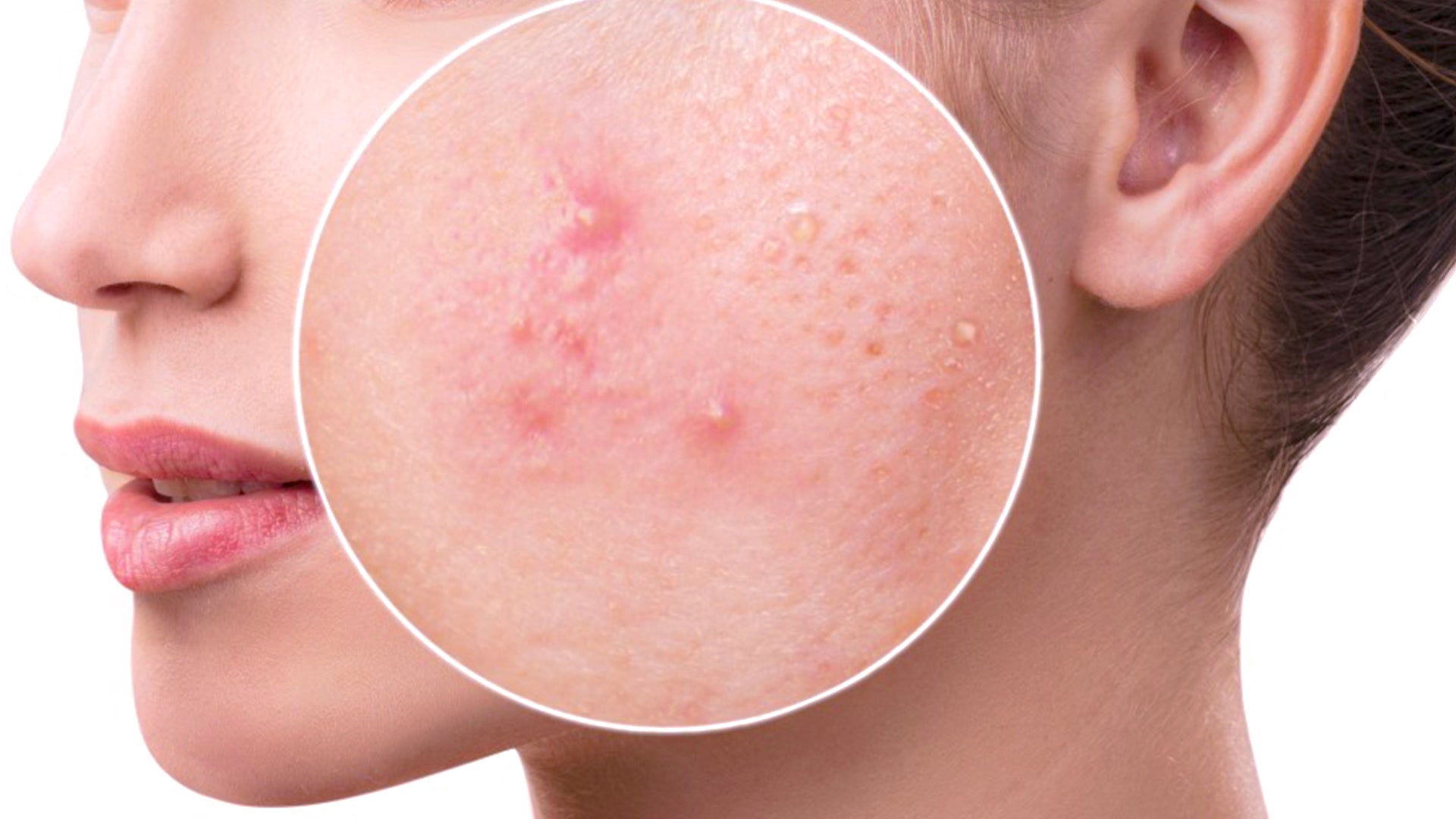Written by - Prakruthi
As the title suggests, we’re gonna talk about the most important topic - Mental health!
You might wonder how acne can be linked to mental health issues? Here is what studies show.
Acne has far-reaching consequences that extend beyond the skin. It has social and psychological effects. These are always linked to the severity of the disease. Acne, even if minor, may be highly debilitating.
Acne is a skin ailment that affects people of all ages, although it is most common in
Teenagers and young adults as the body approaches puberty and hormonal alterations occur.
Teens are the soft target!
Acne is commonly seen as an inevitable part of adolescence, and having acne-prone friends
And siblings made it easier to deal with. At the same time, the belief that acne is simply part of
Growing up may have deterred some people from seeking medical care earlier and left them
Feeling alone.
Acne in pre-teens is an extremely emotional experience. They feel alienated, lonely, and envious of others who have beautiful skin.
Young adults are also impacted!
According to a study, the majority of persons aged 11 to 30 have acne at some point in their
Lives. Teenagers and young adults, who are still building their self-image and forming social
Identities are particularly vulnerable to these breakouts.
Young people have poor self-esteem and confidence as pimples, lumps, and scars form on their skin.
Acne-prone young adults are more likely to -
- Stay away from going on dates
- Avoid applying for employment
- Stay home from social events
- Avoid participating in sports
A few pimples on a teenager’s face can deter them from hanging out and interacting with others and withdrawing from society.
Here are some of the psychological issues that acne prone people frequently experience:
- Depression: women and those who suffer from severe acne, resulting in permanent scarring. Embarrassment, frustration, rage, and self-consciousness are other mental health Acne is said to induce stress in many individuals. Studies also associate acne and depression. Women are twice as likely as men to be afflicted. Breakouts can severely impact self-confidence and negatively affect how people interact with others, leading to social isolation in adults.
- Anxiety: Those who suffer acne are more likely to suffer from moderate to severe anxiety. Stress, like sadness, affects both adolescents and adults with acne, albeit it appears to be more strongly linked to adults.
- Poor self-esteem: This occurs in persons of all ages, although it is more common in symptoms.
Acne has significant psychological and social consequences, mainly when it affects adolescents
At a critical stage in their development. Acne affects almost everyone at some point in their lives. Not everyone can identify the root cause and treat it. In many cases acne doesn't respond to medicine until the root cause is identified. Acne reduces and tapers the self-image of a person. Once acne prone, a person may still get acne once again, and the average time frame to reduce acne is 6 -12 months. It will still leave many spots and scars.
With that said, an acne prone person is often subjected to unnecessary advice, stares from the public. Unwanted comments can really tamper with one's self confidence and image. Even relationship issues can happen.
Always remember to treat acne with kindness!
We must find ways to help those enduring psychological discomfort due to acne. Peer approval is essential for the teenager during this time. Always remember to treat acne with kindness. Advise them to have a proper skin care routine without hampering their emotional health.Here are some tips -
- Know your skin type and choose skin care accordingly. To effectively treat acne, you must understand what triggers it.
- Use a mild face wash enriched with essential antioxidants and anti-inflammatory properties.
- Hyaluronic acid, Niacinamide serums can help soothe acne prone skin.
- Cut to a healthy lifestyle with adequate sleep and less stress. This helps regulate hormones.
- Avoid medication that worsens acne. Some ingredients may cause allergic reactions.
- An appropriate skin care routine can be a blessing, whether you have sensitive or oily skin, choose your products wisely.
Let’s support each other in being healthy, in mind and body!
Source:
https://www.aad.org/public/diseases/acne/acne-emotional-effects (“Acne can affect more than your skin”)
https://www.rtor.org/2019/04/10/teen-mental-health-and-acne/ (“The Psychosocial Impact of Acne on Teen Mental Health”)






 +91 9347578980
+91 9347578980